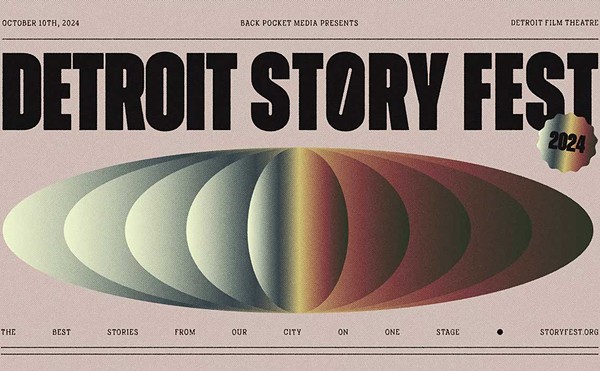Once upon a time, democracy was defined as this: of the people, by the people and for the people. Watching James Carville and his political consulting firm — GCS (Greenville, Carville and Shrum) — in Rachel Boynton's Our Brand Is Crisis, it quickly becomes clear that brand marketing and focus groups have turned our main political export into this: despite the people, by the polling data and for the wealthy.
Former Bolivian President Sanchez de Lozada (aka Goni) was a poor leader by any stretch of the imagination. Privileged, arrogant, condescending and graceless, he was an American-raised expat with little understanding or empathy for the 90 percent of Bolivia's population crippled by poverty. He was forced to step down in 1997 after selling off the country's publicly held resources to overseas corporations in return for loans that never appeared and jobs that never materialized.
And yet, in 2002, when Lozada decided to once again run for office, Carville's team signed on (for a tidy fee) to secure his re-election using American-style campaigning. Their rationale was Goni was a neoliberal, market-driven candidate who would right Bolivia's sinking ship. In other words, he embraced the policies of globalization.
Boynton's straightforward documentary exposes the unseen world of political strategy, offering a fly-on-the-wall perspective of day-to-day campaigning. With unprecedented and uncensored access to the consultants, advisers and candidates, the director unmasks a political process that is as captivating as it is unsettling.
Using psychology, fine-tuned sloganeering and negative advertising, GCS sells Goni as the only hope for Bolivia's crisis while undermining the credibility of his challengers. Oddly, the consultants come off as well-meaning policy wonks who believe their guy is the right man for the job. The fact they compromise the good of the people for the good of their political mission is completely lost on them. Interviews with adviser Jeremy Rosner are particularly revealing as he rationalizes the unintended consequences of his group's actions with starry-eyed evangelism.
What's so amazing and frustrating about watching this process is how little GCS listens to what is actually said in their much-vaunted focus groups. The Bolivians' comments are dissected and analyzed for their marketing value, but no one actually internalizes their concerns and complaints. It's all just data in service of a more persuasive campaign message. Not surprisingly, when Goni is re-elected and pursues the very same path he did last time in office (selling off resources and raising taxes) the country explodes into riots.
Though Boynton's awkward interview questions expose her as a novice documentarian, she expertly shuffles points of view while maintaining a clear and dispassionate eye toward the top three candidates. Sadly, in many ways, Goni may actually have been the strongest of the trio. Her camera captures surprisingly candid moments in the film's numerous backroom discussions and strategy sessions. The film's only shortcoming is how little we learn of GCS's candidate. Even with the facts of his administration and a few shockingly bone-headed comments, we're not quite sure what drives the man to run.
Our Brand Is Crisis could easily find a home next to The War Room as an insider's view of political salesmanship. Intimate, frank and ultimately depressing, it makes clear how good intentions are often trumped by entitled self-importance. Despite all their talk of progressive ideals, GCS is unable to focus on anything other than the task at hand: winning an election. This disconnect between intention and outcome seems to lead Rosner and Carville to wonder — if only briefly — whether what they're doing is actually for the good. Too bad a nation of indigents had to suffer for that momentary realization.
Showing at the Detroit Film Theatre (inside the DIA, 5200 Woodward Ave., Detroit; 313-833-3237) at 9:30 p.m. on Friday, Nov. 24; and 9:30 p.m. on Saturday, Nov. 25.
Jeff Meyers writes about film for Metro Times. Send comments to [email protected].





